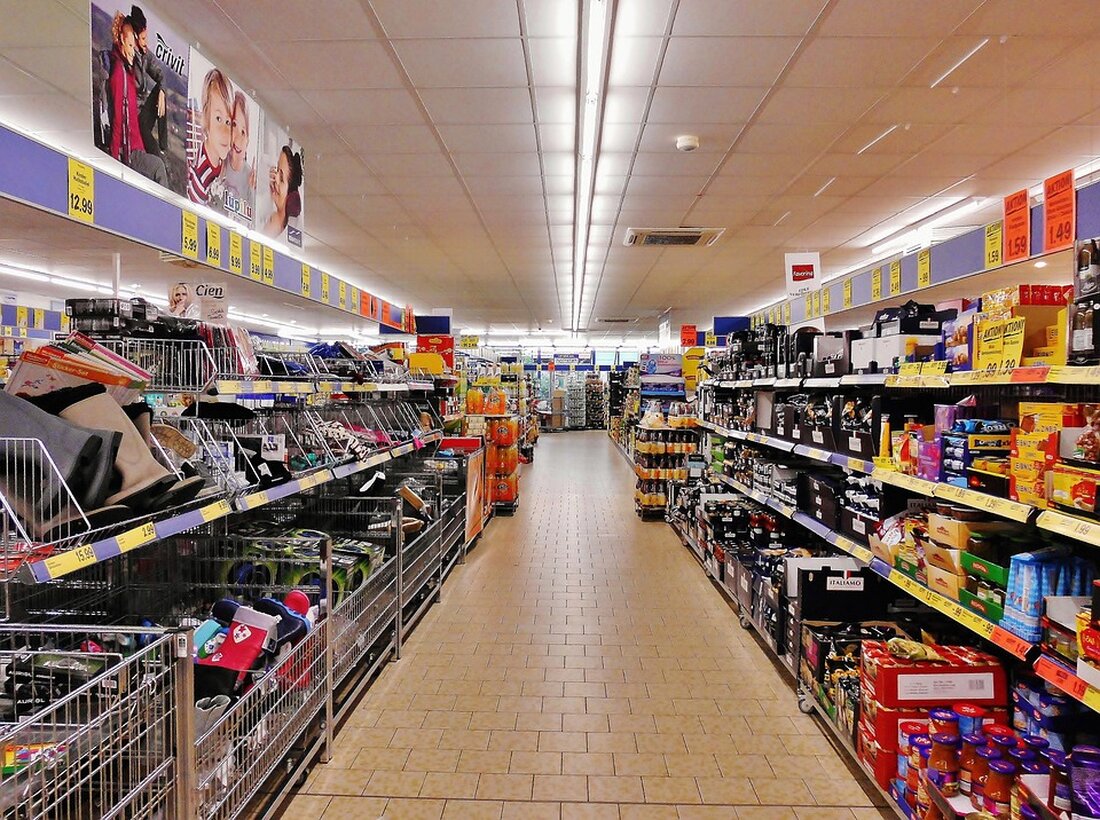Super markets in the sustainability betting run: New study shows progress in Germany

Super markets in the sustainability betting run: New study shows progress in Germany
Now it starts: The Superlist Environment Initiative wants to take a close look at the big German supermarkets! An exciting new study examines how sustainable the industry giants Aldi Nord, Aldi Süd, Edeka, Kaufland, Lidl and Rewe really are. The Think Tank Questionmark gave the start signal this week and presented the methodology. This future -oriented project is supported by well -known organizations such as the Albert Schweitzer Foundation and Proveg and was presented at the New Food Conference on September 3 in Berlin.
What is behind the superlist? An ambitious comparison study that aims at how the supermarkets face the challenge of the protein turning and sustainable agriculture, while climate change threatens in the background. By spring 2025 we can look forward to the results and a ranking of the best supermarkets!
The race for sustainability
In the middle of the pressure by the EU directive on sustainability reporting and the climate protection law, which the Federal Government obliges to climate neutrality by 2045, there is no back: the supermarkets are the responsibility! Charlotte Linnebank, Executive Director at Questionmark, sums it up: "This superlist ignites a race for responsible action." Over 70 percent of food in Germany come from supermarkets - that is a huge influence. Do you meet this responsibility or does everything stay old?
The new German nutrition guidelines published at the beginning of the year aim to not only be health -promoting, but also to include environmental aspects. Niklas Oppenrieder from the Physicians Association for Nutrition emphasizes: "Healthy people only live on a healthy planet." A clear sign that the supermarkets have to pull together!
where is the journey of the German supermarkets going?
A look at the neighbors in the Netherlands shows: Here you have already committed yourself to the goal of 60 % vegetable and 40 % animal proteins by 2030. But what does it look like in Germany? So far, only Lidl has published his figures, while Aldi Süd has at least taken the first steps in the right direction. However, an official obligation to a clear relationship is out. Esther Rabofski from the Albert Schweitzer Foundation emphasizes the importance of these key figures: "What is measured is also changed!"
The excitement about the upcoming changes in the supermarket landscape is noticeable. Virginia Cecchini Kuskow from Proveg sees the key to significant progress in the benchmarks. "Retail has already shown responsibility, especially when it comes to the turn of the protein. Now it is time to set ambitious goals!"
The methodology of the study and much more information can be found on the official website of Questionmark: Superlist Environment Germany. .
The Superlist Environment is more than just a study. It is a call for action - to the supermarkets, to consumers and to society to make our food systems healthier, more sustainable and fairer. The time for changes is now!
